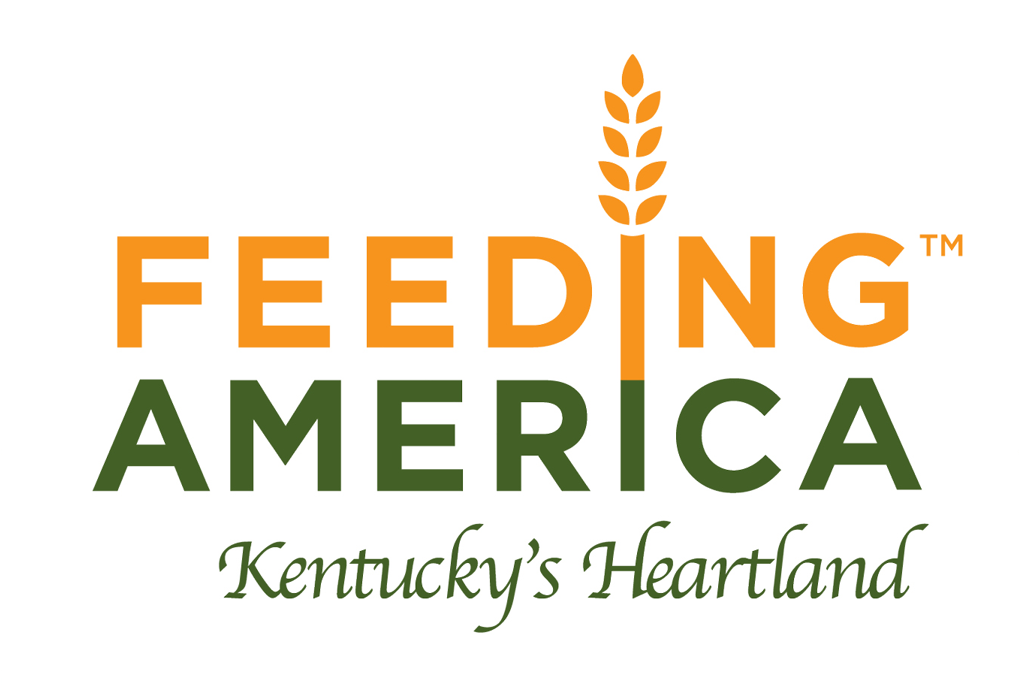What a month it has been. Through ice storms and snowstorms, delays and closures, we continue to distribute food to people facing hunger in our 42 counties. This perseverance is a fitting metaphor for our work in the year since the COVID-19 pandemic began – a year that has tested our strength, fortitude, and everything we thought we knew about ourselves. That experience has shown that we can endure things we never before thought possible while still growing, learning and improving.
As one of 200 food banks in the Feeding America National Organization, we are in a unique position to provide assistance to so many people in need. Our connection to more than 230 partner agencies and our ability to quickly mobilize to support these local, smaller communities has brought to the forefront the necessity of having a working, sustainable network of food banks.
Need for our services has increased 20 percent on average since March 2020, with families with school-age children disproportionately affected. Many of these families have never before needed the services of a food pantry or soup kitchen and are navigating a whole new way of life. It takes courage to show up and ask for assistance, especially for the first time. More than likely food isn’t the only expense of concern so we’re grateful we can be there to at least alleviate the stress of feeding their families.
In the last year we have ramped up our distribution of Emergency Food Boxes and quickly mobilized to host no contact Emergency Mobile Food Pantries to meet the rising need that, in the beginning, exceeded what our partner agencies could handle. That need is still there, so many of these will continue for the foreseeable future.
We’ve utilized new programs that address issues caused by COVID-19, such as Farmers to Families, or Coronavirus Food Assistance Program (CFAP), in which the USDA purchases fresh produce, dairy and meat products directly from farmers and distributes it to food banks who, in turn, hand it out to those in need.
We also had to update and restructure our Volunteer Program to follow COVID-19 restrictions. In the beginning volunteer numbers dropped dramatically and the Volunteer Center was closed, which created a problem when it came to packing Emergency Food boxes, BackPack Program bags and Senior boxes at a time when need was steadily growing. Thankfully, in April the Kentucky National Guard was mobilized to support food banks and has been with us ever since, helping us maintain the new, elevated demand. We also have welcomed back our volunteers, though on a limited, scheduled basis.
We have risen to the challenge of meeting the increased need caused by the COVID-19 pandemic, but so have you. You have supported us more than ever not just financially, but also simply by spreading the word about the good we are doing. Your efforts have been essential to helping us provide food to the nearly quarter of a million people in our service area facing hunger. Times are not easy for anyone, but you have made it a point to help us feed your neighbors in need and we thank you for that.
We know we will be dealing with the effects of COVID-19 long after we can remove our masks. Many families and seniors we serve will continue to face hunger and will need our services for years to come, but our network of partner agencies, volunteers, staff and supporters is resilient. We know how to deploy food and resources down to the grassroots level because that is what we do every day, what we have done, and what we will continue to do. With your support we know we can keep providing food to those facing hunger and work to ensure no one in our service area goes to bed hungry.
- Jamie Sizemore, FAKH Executive Director

Leave a Reply